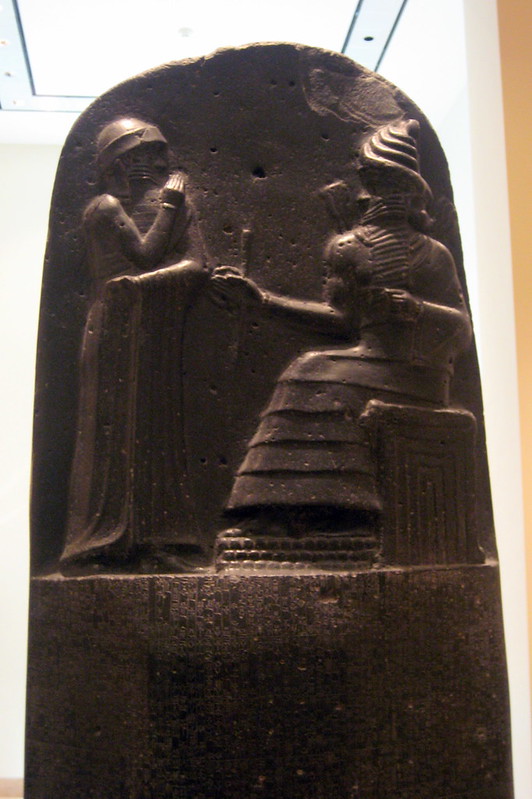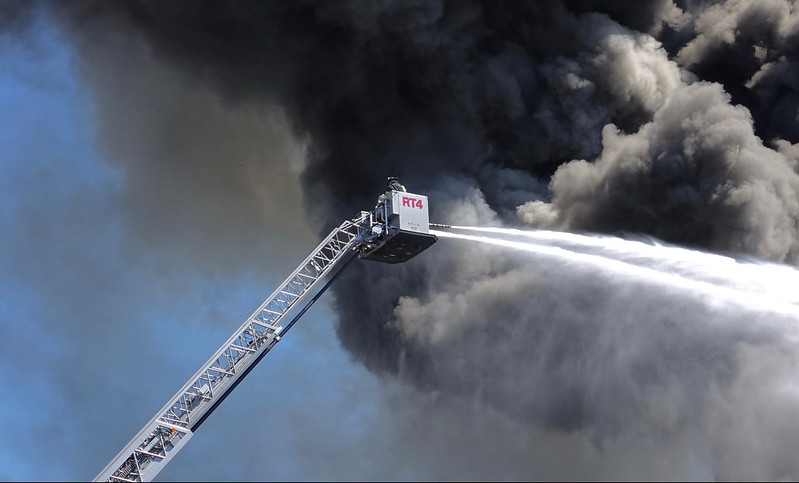Letter from La Vigie, dated 1st November 2023

The Hamourabbi code (source)
What the war in Gaza (or Sukkot) tells us
To go beyond considerations on the ground about the war in Sukkot (Gaza), we will first try to determine the war aims of each side, before asking ourselves what this war says, a further stage in a re-primitivisation of the contemporary act of war.
To read the article, click here
Paper from Armenia
The theatres of war and the ways in which they are waged may change, but the invariants of strategy can be observed in all theatres, and there is a high price to pay for neglecting them, whatever the mode of action chosen. Armenia has bitterly rediscovered them because it did not respect them.
To read the article, click here
Lorgnette: the fall of Icarus
If you fly too close to the sun, you risk burning your wings and falling into the abyss…
This is what the various dignitaries of the Chinese Communist Party or officials of the State apparatus experience on a regular basis, and when they fall from grace for whatever reason – which is never made public – they are invariably accused of “acts of corruption” and stripped of their professional positions and social standing.
However, the Chinese regime has done particularly well this year, dismissing its foreign affairs and defence ministers one after the other and making them disappear both literally and figuratively (damnatio memoriae by removing all references to them from government websites). The first, Qin Gang, has been missing since 25 June, the second, Li Shangfu, since 29 August. They had been sworn in in March of the same year.
These ruthless purges, while reminiscent of Mao, have rarely been so close to Xi Jingping’s entourage, and are both Stalinist in their implacability and Orwellian in their radicalism.
Still, it’s good to live in the West.
Subscribers: click directly on the links to read online or download the pdf issue (here), always with your login/password. New readers: read the article by issue, by clicking on each article (€2.5), or subscribe (discovery subscription €17, annual subscription €70, orga. subscription €300 excl. tax): here, the different options.
JOVPN

